"Teaching students that intelligence can grow and blossom with effort – rather than being a fixed trait they’re just born with – is gaining traction in progressive education circles. And new research from Stanford is helping to build the case that nurturing a “growth mindset” can help many kids understand their true potential."
Get Started for FREE
Sign up with Facebook Sign up with X
I don't have a Facebook or a X account
 Your new post is loading... Your new post is loading...
 Your new post is loading... Your new post is loading...

Carolyn Williams's curator insight,
September 24, 2013 11:28 AM
As part of my service I tackle these habits every day!. |

Carlos Fosca's curator insight,
June 11, 2013 4:37 PM
Las situaciones que vivimos diariamente, nuestras creencias, la experiencia que acumulamos, la capacidad de atención, el sentimiento de la esperanza que albergamos, son algunos aspectos que pueden mejorar nuestra inteligencia. La tecnología también nos puede hacer más inteligentes o más “tontos”. Estudios del cerebro han encontrado que cuando usamos herramientas, incluyendo dispositivos electrónicos, nuestra mente los puede asociar como una extensión de nuestro cuerpo. Sin embargo, utilizar la internet precisamente como parte de nuestro cerebro para almacenar hechos, sin la necesidad de retenerlos mentalmente, puede atrofiar habilidades clave para la sociedad del conocimiento. El pensamiento crítico, la capacidad de resolver problemas, el trabajo colaborativo y la creatividad, entre otros, no pueden emerger en el “disco duro” de un cerebro humano vacío de contenidos. 
Tony Meehan's curator insight,
July 15, 2014 4:26 PM
interesting article highlighting the evidence that intelligence is not a fixed entity but is something that needs to be nurtured and helped grow in all of us. The evidence from the fields of cognitive science, psychology, philosophy, neuroscience combine to create the science of learning. As educators we have to get to grips with the complexities of learning and we can only do this by gaining a deeper understanding of these fields and how they help us reframe our approaches to teaching and learning. |



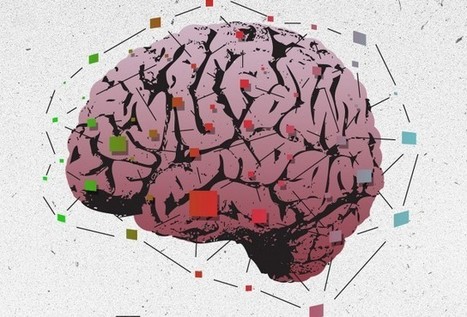


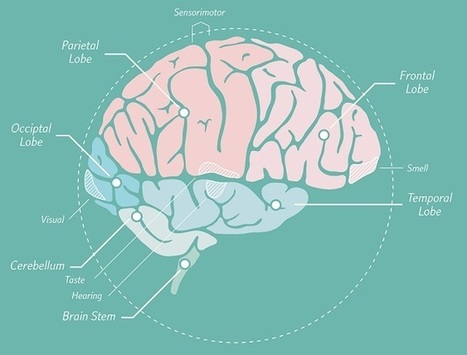

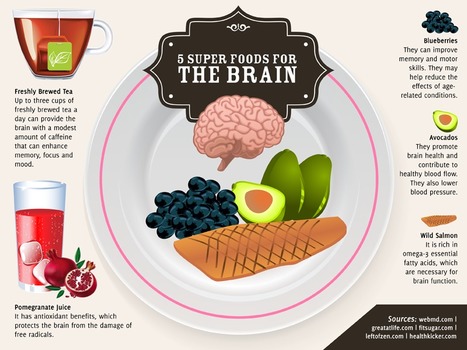
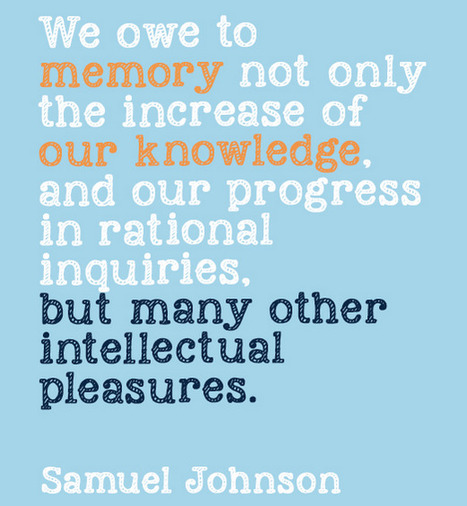
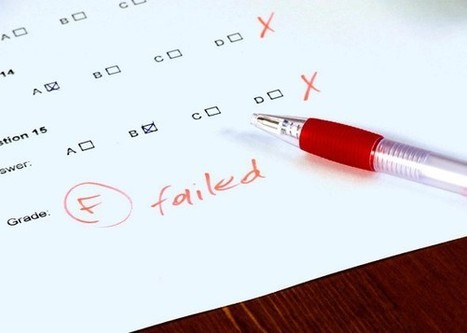


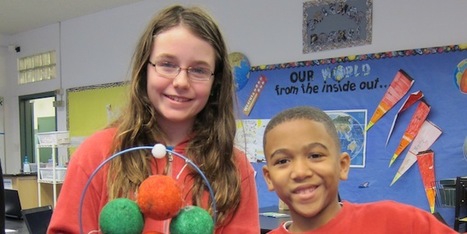





New research on mindset. Definitely worth a read!
Thx Beth Dichter!
You can learn to be smarter,